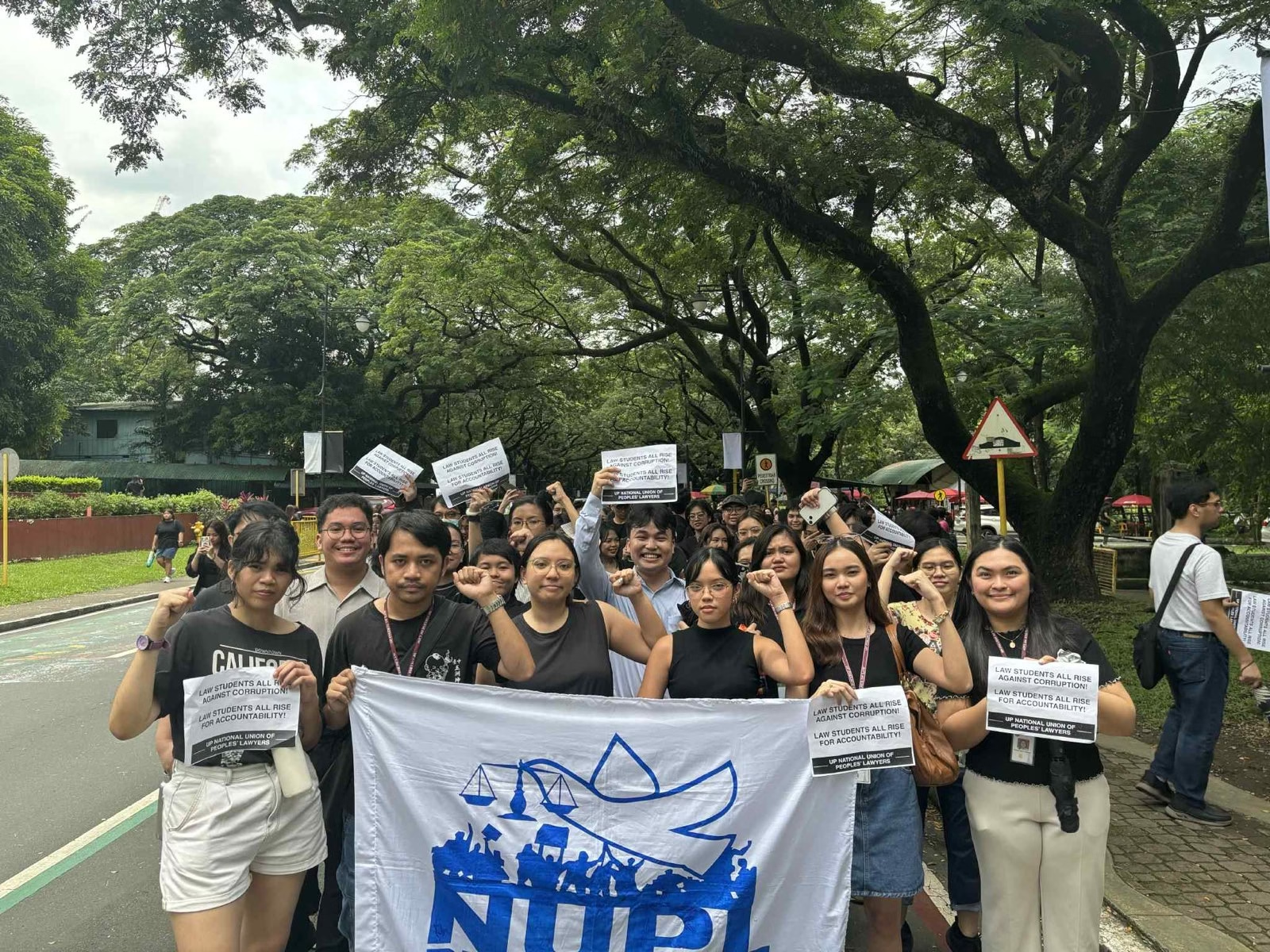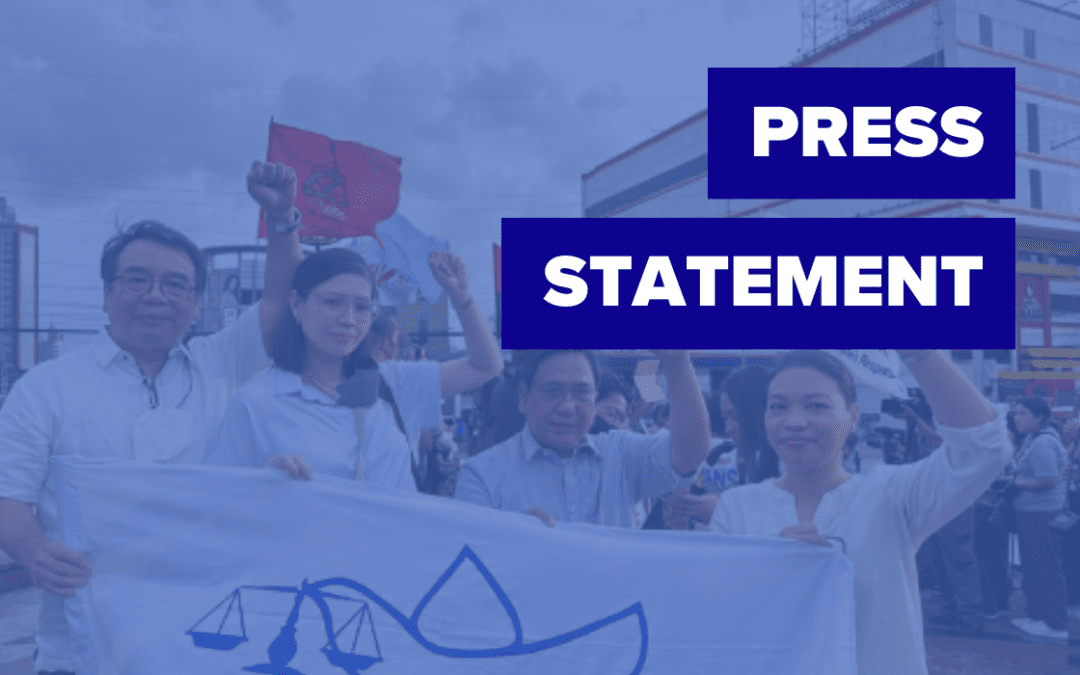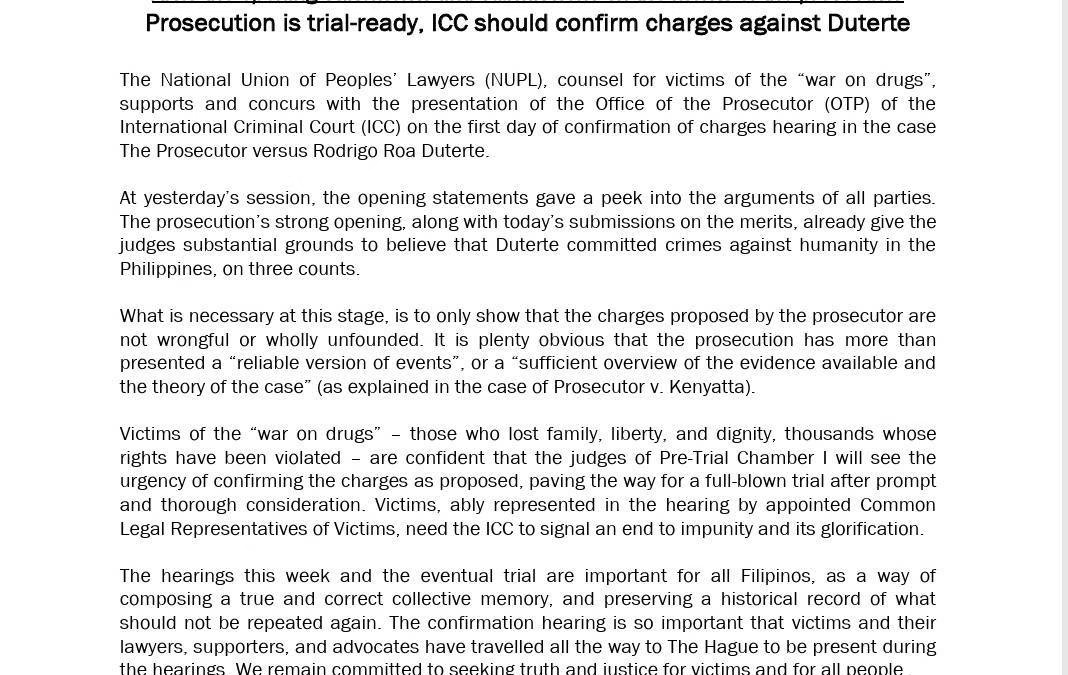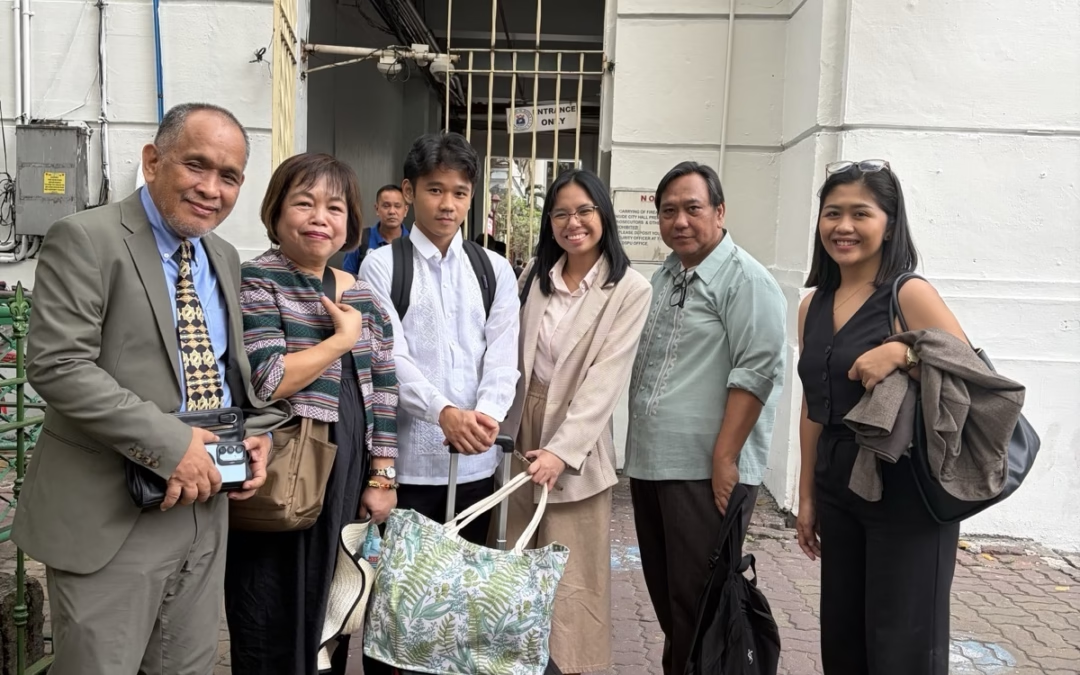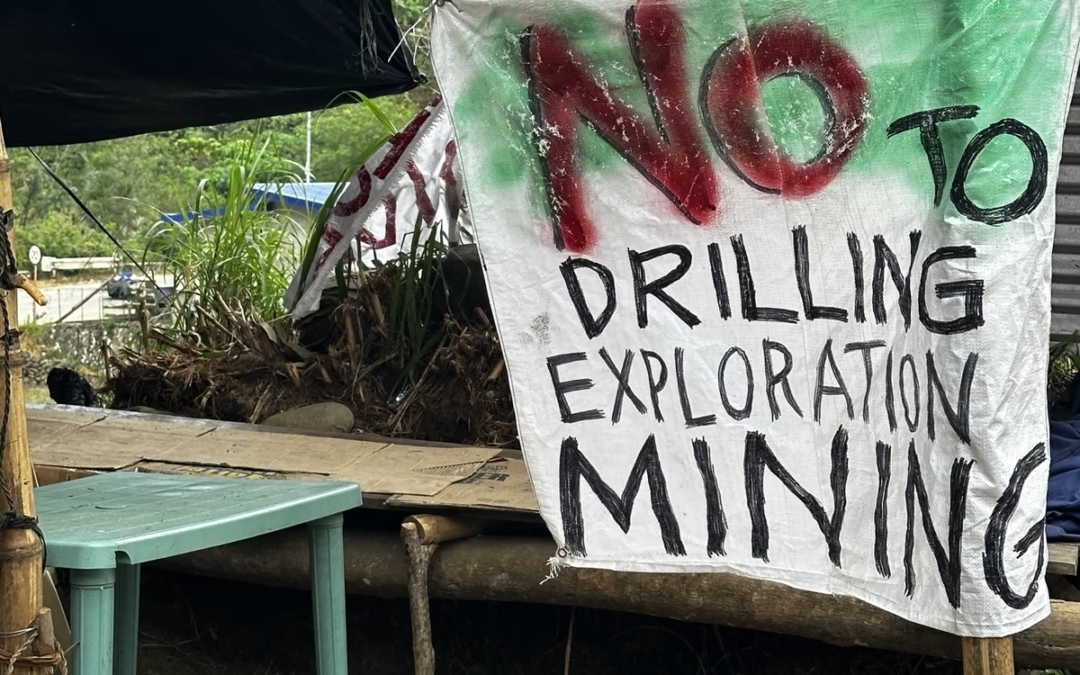The bar examinations end today. For the examinees, it marks the close of one grueling passage. For the country, however, the more urgent test remains: whether there will be enough lawyers willing to stand against impunity and demand accountability from those in power.
President Ferdinand Marcos Jr. is the highest-ranking political nepo baby in government today. His rise rests not on merit but on the rehabilitation of a dynasty whose record of plunder is unmatched in Philippine history. The Marcos family has never returned the billions stolen during the dictatorship. They continue to withhold payment of their ₱203 billion estate tax liability—a debt to the Filipino people that remains unpaid decades after it fell due.
In full view of this unresolved past, President Marcos Jr. has presided over a government that repeats the same pattern of corruption and concealment. It was he who approved the release of ₱125 million in confidential and intelligence funds (CIF) for the Office of the Vice President in 2022, which funds were exhausted in only 11 days. Since then, Vice President Duterte would further access over ₱600 million in CIF, while President Marcos is now proposing ₱10.7 billion more for the Office of the President in 2026.
Confidential and unprogrammed funds are discretionary by design, shielded from public audit, and drained at the expense of urgent social needs such as disaster response, food security, and public services.
The same misuse of public funds can be seen in flood control projects. Nearly 20 percent of a massive ₱545-billion budget was cornered by just 15 contractors. While ordinary Filipinos wade through flooded streets, the families of favored contractors and political allies flaunt wealth and luxury online—symbols of how state resources are captured by the few while the many are left to suffer.
This is bureaucrat capitalism laid bare: the use of state resources not to serve the public, but to preserve privilege and shield the powerful.
Even the impeachment complaint against Vice President Duterte was halted not on its merits, but because the Supreme Court struck down as unconstitutional the transmission of Articles of Impeachment by the House of Representatives. The trial did not proceed forthwith, and with it the opportunity to test the charges against the Vice President in a public forum was foreclosed.
Meanwhile, former President Rodrigo Duterte pretends that he cannot be made to stand trial before the International Criminal Court for crimes committed under the so-called “war on drugs.” His posturing reflects the same culture of impunity that enables his daughter and shields his allies.
This is why the country needs more lawyers who will not be content with memorizing statutes while ignoring the realities of power. What the people need are lawyers who will challenge not only illegal acts, but the very structures that normalize corruption and protect dynasties. Lawyers who will stand with workers, farmers, women, and indigenous peoples, rather than with cronies and political clans.
The road of people’s lawyering has always been more difficult, precisely because it resists the temptations of privilege. But it is the path most faithful with the Constitution’s promise that public office is a public trust, and with the fundamental principle that accountability is owed to the people.
The challenge to future lawyers, then, is not only to pass the bar. It is to confront the deeper bar of history: whether you will stand with those who excuse corruption, or with those who demand that the law serve justice. ###
#LawyersAllRiseforAccountability
#LawyersAllRiseAgainstCorruption
#BeTheBestLawyersMoneyCannotBuy
